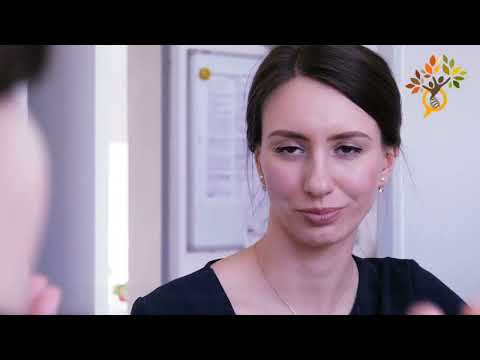Talk to Your Family About Disease Risk
For some, this step is simple; for others, it is very challenging. Where do you start? What do you say? How do you navigate complex dynamics in your family? Here are some tips.
What Is the Best Way to Communicate
Consider what type of communication you and your relative might be most comfortable with, and remember that there isn't just one right way to do it:
- in-person or by phone (find a time when neither of you will have distractions)
- email (would an individual message or a group message be better?)
- social media
- written letter
Personalizing your message to your recipient never hurts. It can be helpful to do a "test run" by reaching out to relatives you are most comfortable with before talking to others.
What is the Best Information to Communicate
-
Start simple: Explain you would like to talk with them about a health matter or family-related project. For distant relatives, start with how you are related to them.
-
Build from there: Share the information about your variant and the disease risks, or discuss the shared family health history and how the variant was discovered.
-
Tell your story: It is important to provide facts and information, but sharing personal stories is valuable in communicating and connecting with your relative.
-
Ask about their experience: Find out what your relative's thoughts are and what they have experienced
-
Information for next steps: If you don't reach your relative directly, leave your contact information. If they want to get genetic testing, provide that information. If they aren't ready to get testing right now, give them your contact information so they can find you later. You can also direct them to ConnectMyVariant for more information or encourage them to their doctor.
What is the Best Way to Respond to Your Relatives
Inherited disease risk is a very difficult topic to discuss and can make people anxious. Many people have had the disease or have had loved ones suffer through it.
Recognize and respect each relative's reactions and emotions when discussing a stressful topic like this. Remember, it is hard for people to listen or respond when they are angry or upset, so try to keep the conversation calm and supportive.
If you feel like your first contact with your relative is unsuccessful, don't give up. It often just takes time and more than one conversation.
What About Complicated Relationships
Sometimes relationships with our relatives can be complicated. You may have limited contact or have a challenging relationship with one or more relatives. Some relatives may be estranged. You can decide if and how you'd like to contact a relative like this.
- Be sensitive to the circumstances behind the relative's relationship with other family members
- Weigh the benefits of contacting the relative with the risks of disrupting family relationships
- Consider telling your other relatives that you are contacting the estranged relative so that they can anticipate how it might affect their lives
- Consider asking another relative to help relay the information. If you do, make sure they have all the information they need, including a copy of your test report to share.
Related Pages
-
Gene and disease-specific resources, as well as other helpful information, are available on the FAQ page.
-
Information about helping others get tested is available here.
-
Learn about the difference between inherited and noninherited disease risk here.
-
Another way to connect about your variant is by posting your variant online. You can see if others have already posted and connected about your variant using the Index of Variant Forums.




